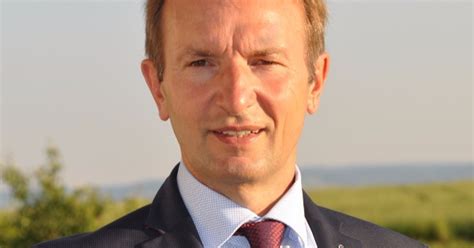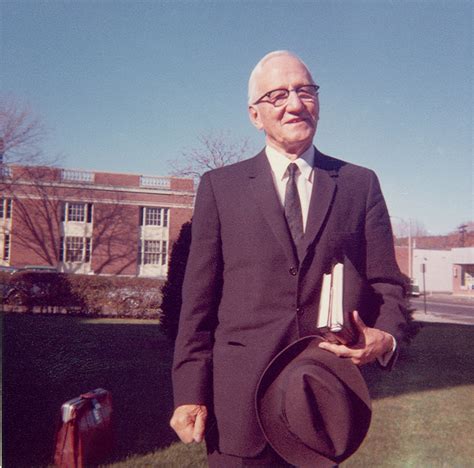A Quote by Leo Buscaglia
Love requires that we overcome the traditional and self-defeating fears that place distance between ourselves and others.
Related Quotes
The motives of the best actions will not bear too strict an inquiry. It is allowed that the cause of most actions, good or bad, may be resolved into the love of ourselves; but the self-love of some men inclines them to please others, and the self-love of others is wholly employed in pleasing themselves. This makes the great distinction between virtue and vice.
We have the need to be accepted and to be loved by others, but we cannot accept and love ourselves. The more self-love we have, the less we will experience self-abuse. Self-abuse comes from self-rejection, and self-rejection comes from having an image of what it means to be perfect and never measuring up to that ideal. Our image of perfection is the reason we reject ourselves the way we are, and why we don't accept others the way they are.
Ideas are easy to come by, they spring effortlessly out of the vacuity of the mind and cost nothing. When they are held and projected onto one's self or others they become a project. When the project is enacted it becomes the work, and when the work is completed it appears to be self-existent. Creation is the process of form manifesting from emptiness, where that which arises from the mind comes into existence. Yet the distance between conception and realisation may be enormous, as vast as the distance between the stars.
Instead of "I love you," it would be better to say "I am love-I am the embodiment of Pure Love." Remove the I and you, and you will find that there is only Love. It is as if Love is imprisoned between the I and you. Remove the I and you, for they are unreal; they are self-imposed walls that don't exist. The gulf between I and you is the ego. When the ego is removed the distance disappears and the I and you also disappear. They merge to become one - and that is Love.
The remarkable thing is that we really love our neighbor as ourselves: we do unto others as we do unto ourselves. We hate others when we hate ourselves. We are tolerant toward others when we tolerate ourselves. We forgive others when we forgive ourselves. We are prone to sacrifice others when we are ready to sacrifice ourselves.
If we don't love ourselves, we would not love others. When someone tell you to love others first, and to love others more than ourselves; it is impossible. If you can't love yourselves, you can't love anybody else. Therefore we must gather up our great power so that we know in what ways we are good, what special abilities we have, what wisdom, what kind of talent we have, and how big our love is. When we can recognize our virtues, we can learn how to love others.
By surviving passages of doubt and depression on the vocational journey, I have become clear about at least one thing: self-care is never a selfish act -- it is simply good stewardship of the only gift I have, the gift I was put on earth to offer to others. Anytime we can listen to true self and give it the care it requires, we do so not only for ourselves but for the many others whose lives we touch.
Don't wait for some miracle to be performed on you from without, lifting you above your fears and doubts and self-centeredness. You help God from within by turning in outgoing love to others, and miraculously your fears and doubts and self-centeredness will vanish. The miracle starts within, not from without.
The more we have given to ourselves, the more we have to give to others. When we find that place within ourselves that is giving, we begin to create an outward flow. Giving to others comes not from a sense of sacrifice, self-righteousness, or spirituality, but for the pure pleasure of it, because it's fun. Giving can only come from a full, loving space.
We strive as hard to hide our hearts from ourselves as from others, and always with more success; for in deciding upon our own case we are both judge, jury, and executioner, and where sophistry cannot overcome the first, or flattery the second, self-love is always ready to defeat the sentence by bribing the third.



































